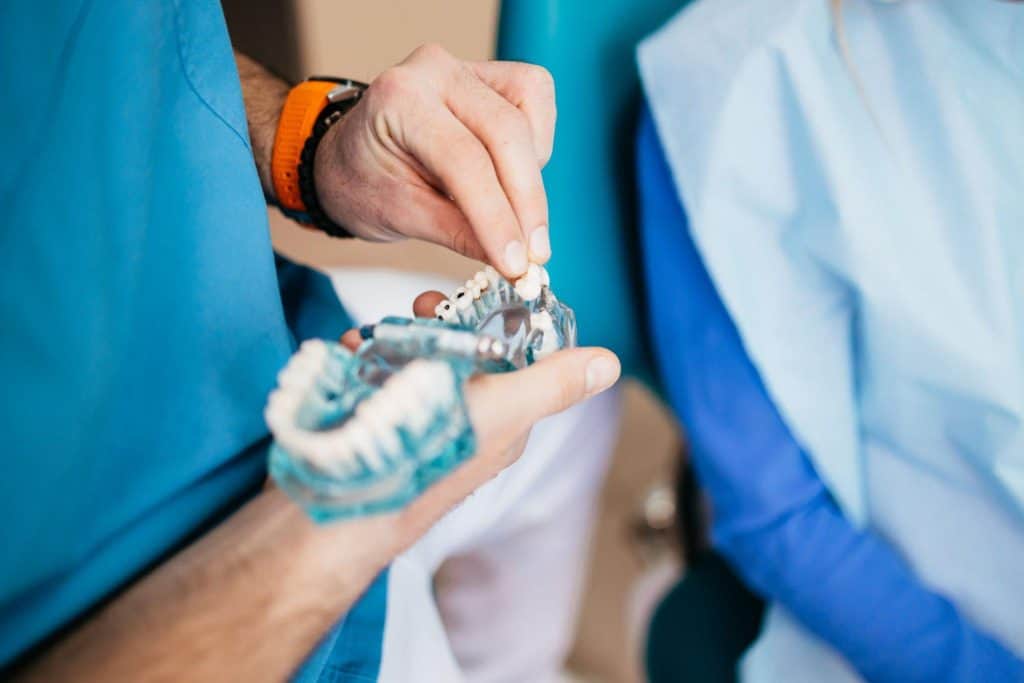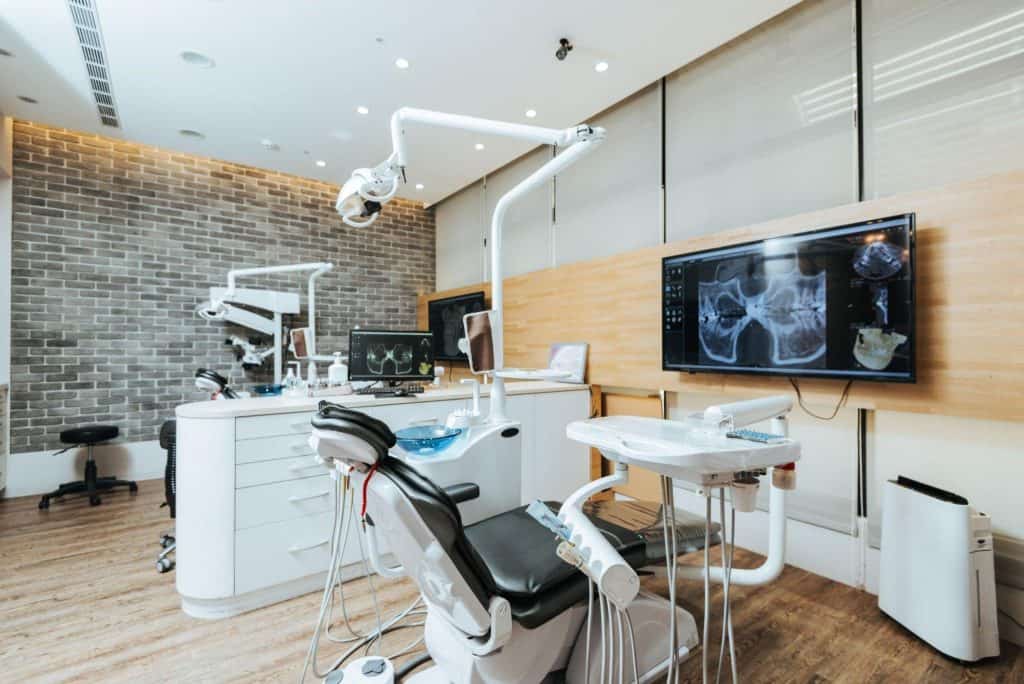Aging ushers in many natural physiological changes impacting skin, joints, cognition, vision, and more. But while youth slips away, you need not resign yourself to losing your teeth too. However, older adults do face increased risks for certain dental complications. Being proactive against common senior-specific oral health issues means you can continue smiling confidently and eating nutritiously for decades to come.

Combating Dry Mouth and Reduced Saliva Flow
Fight Bacteria and Decay with Moisture
One near-universal aging change involves decreased salivary gland secretions, predisposing to a chronic dry mouth condition known as xerostomia. With natural lubricating saliva diminished, older adults battle much higher risks of:
- Cavity development as protective cleansing and remineralization effects fade.
- Halitosis as bacterial populations surge.
- Tissue inflammation and yeast infections inside cheeks.
- Burning sensations and difficulties tasting, chewing, or swallowing food comfortably.
The foremost priority involves identifying any prescription medications that reduce saliva flow as a side effect and requesting alternate options from physicians whenever possible. But even with adjustments, certain strategies help stimulate saliva to wash away food and bacteria:
- Sipping cool water or sugarless drinks
- Chewing xylitol gum to prompt saliva
- Biting into citrus fruits or sour candies
- Using alcohol-free oral moisturizing rinses and gels to coat oral tissues
Ramping up water consumption while chewing gum after meals restores cleansing moisture. Bring up persistent dry mouth issues with your dentist too – certain medications or therapies like customized trays releasing stimulating saliva agents overnight may provide additional relief.

Tooth Root Sensitivity Among Seniors
Exposed Dentin Brings Painful Problems
Another vexing problem stemming largely from chronic dry mouth involves progressive gum recession exposing porous tooth neck areas never intended to contact cold, sweet, or acidic substances directly. These newly exposed root surfaces lack protective enamel coatings, meaning irritants penetrate instantly into the deeper dentin material to reach sensitive nerve fibers and fluid-filled tubules eliciting sharp pains. Aggravating factors include:
- Chronic dry mouth allows quicker plaque accumulation around receding gums since less saliva washes bacteria away.
- Long term acid erosion from medications or gastric reflux eats away at enamel near the gum line.
- Overzealous flossing and brushing accelerates gum recession through tissue abrasion.
- Underlying osteoporosis also thins the bony sockets securing teeth.
Treating root sensitivity comes down to occlusion – sealing exposed dentin tubules through fortified toothpastes or professional applications. But preventing its onset means mitigating the factors allowing root exposure in the first place through diligent daily oral hygiene, smoking cessation, reflux control, and routine dental care.

Fighting Decay and Other Dental Diseases
Defend Aging Teeth through Vigilance
The combination of dry mouth, gum recession, limited dexterity, cognitive issues, and chronic medical problems put seniors at markedly higher risks for:
- Cavities and tooth decay
- Painful cracks in enamel and dentin
- Abscesses necessitating tooth extractions
- Progressive periodontal infections
- Oral yeast overgrowth and other fungal infections
- Oral cancer risk with long term smoking history
Counteracting requires diligent daily brushing and flossing even when difficult due to arthritis or other disabilities. Adaptive devices like extended-handle brushes, electric brushes, floss holders, proxy brushes, and water irrigation devices facilitate independence. Carrying a small toothbrush for mid-day plaque removal after eating while out helps too.
Ramping up preventive dental visits to every 3-4 months allows closer monitoring and rapid treatment when problems surface. Maintaining excellent oral hygiene minimizes risks of aspiration pneumonia as well – a common cause of hospital deaths among the elderly.
Prioritizing lifetime oral wellness pays exponential dividends as the golden years approach. Protect your natural teeth to enable proper chewing, nutrition, and speech for fuller engagement pursuing activities you enjoy most!

Oral Healthcare Tips for Older Adults
Safeguard Your Smile for Years
Here are 5 key tips for maintaining fabulous oral health as you grow older:
- Brush properly 2-3x daily especially before bedtime.
- Floss at least once daily – preferably before bedtime.
- Rinse using antiseptic mouthwashes 2x daily.
- Chew xylitol gum after meals to stimulate saliva flow.
- Obtain professional cleanings and oral cancer screenings every 3-4 months.
Implementing simple preventive habits supplemented by consistent professional care offers the surest formula for lifetime dental wellness. Your teeth can absolutely stay healthy and fully functional into your golden years and beyond!
